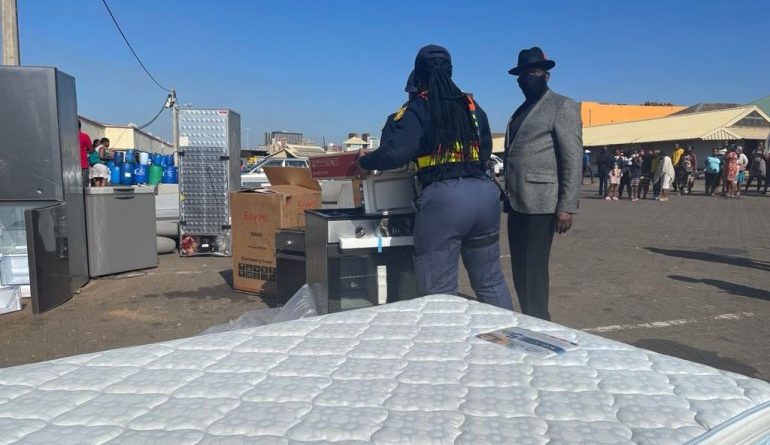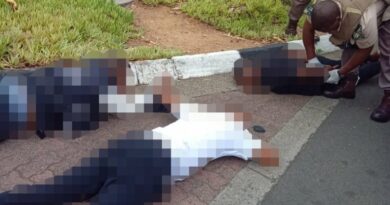Survey: Most South Africans are against looting and violence, but youth is five times more likely to support it
CompariSure, one of South Africa’s leading FinTech companies has conducted an insightful online survey across the country on the recent unrest. Using its conversational AI technology, CompariSure’s research involved “chatting” to over 1 600 respondents in order to gather opinions and results, all within a short period of 48-hours.
The survey revealed that a mere 7% of the respondents supported the recent looting and violence that broke out in KwaZulu-Natal and Gauteng. More significantly, the majority of those (the above 7%) who shared this view are young people aged 20-40 years old. The data also shows that this group category is 4.83 times more likely to support the looting and violence than those over 40 years old.
Although some may find it shocking that there are young people who saw good in the violence, it is worth noting that these individuals also believe that South Africa was due for a socio-economic revolution, as these protests were just a manifestation of underlying problems. Most proponents of the violent protests were of the view that somehow, such protests were a ‘conveyer belt’ leading to socio-economic redress. To this point, 84% of those surveyed felt that underlying issues such as lack of education, high unemployment rates, or the ongoing lockdown were contributing factors to the looting and violence.
The survey also found that unemployed individuals were almost three times more likely to be in support of the violence and looting than those currently with jobs. A staggering 64% of respondents between 20 – 40 years old noted that they are currently unemployed.
 The Pro-Zuma protests that started in KwaZulu-Natal (KZN) after the former president Zuma handed himself to authorities spread to Gauteng a few days later at an unprecedented speed and before most could process what was going on, violent scenes of looting were being enacted in some shopping malls.
The Pro-Zuma protests that started in KwaZulu-Natal (KZN) after the former president Zuma handed himself to authorities spread to Gauteng a few days later at an unprecedented speed and before most could process what was going on, violent scenes of looting were being enacted in some shopping malls.
What started as a political conflict morphed into an almost countrywide riot crisis as protesters looted from shops, barricaded roads and vandalised properties. The data collected from the survey also suggests that, while it is widely believed that the arrest of Jacob Zuma sparked the looting, just under a quarter of respondents did not know why he was arrested.
Moreover, according to the survey, 85% of South Africans were also concerned about the spreading of the Covid-19 virus as a result of the protests. The protests came at a time when the Covid-19 vaccine rollout was underway, and with the roadblocks and chaos, it was difficult to distribute vaccines to various parts of the country. This also affected the critically ill who couldn’t receive their medication due to the conditions caused by the unrest.
“With any protests or violent uprising, one often wonders whether it’s just the small minority breaking the law, or whether the vast majority also believe in the cause at hand. While it was uplifting to learn that the vast majority of South Africans were in fact against the violence and looting, it was incredibly troubling to see just how desperate the unemployed youth of our country have become” says Matt Kloos, Chief Finance Officer of CompariSure.
“We are hoping that our survey results will help galvanise South Africa into action, be it via government, the private sector, or civil society. To protect the future of our country, all South African’s need to play their part in providing solutions and acting on them,” concludes Kloos.




